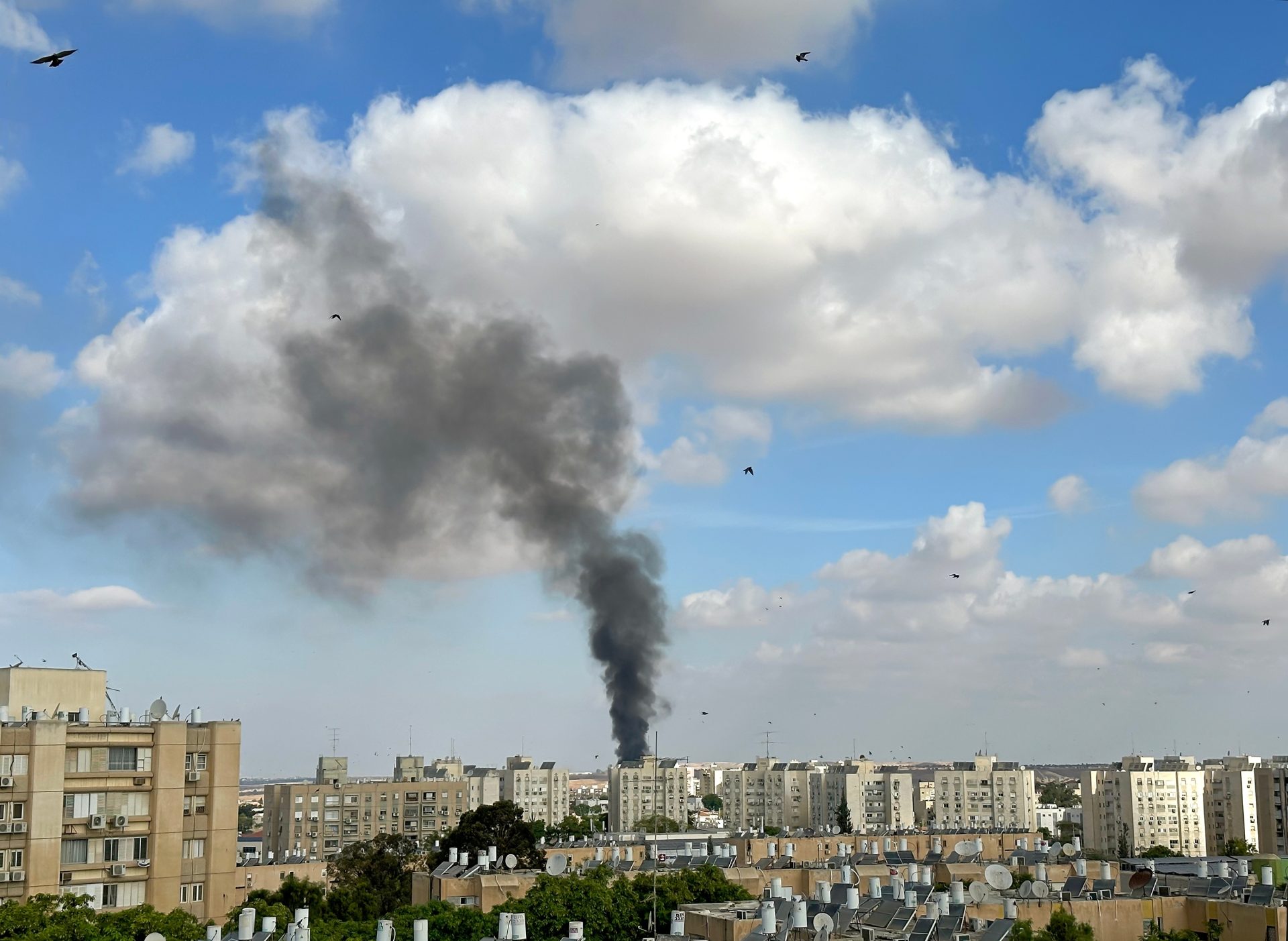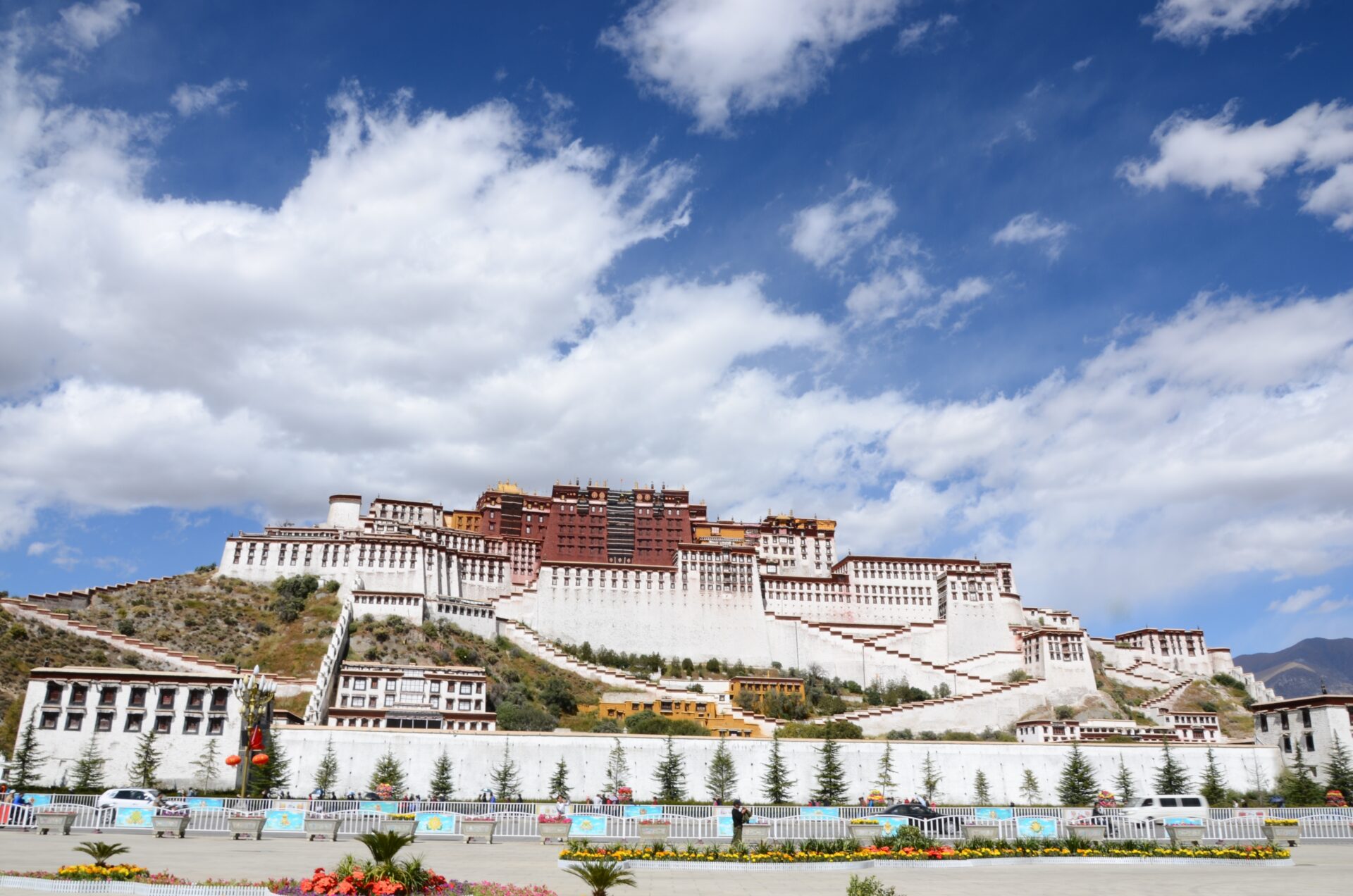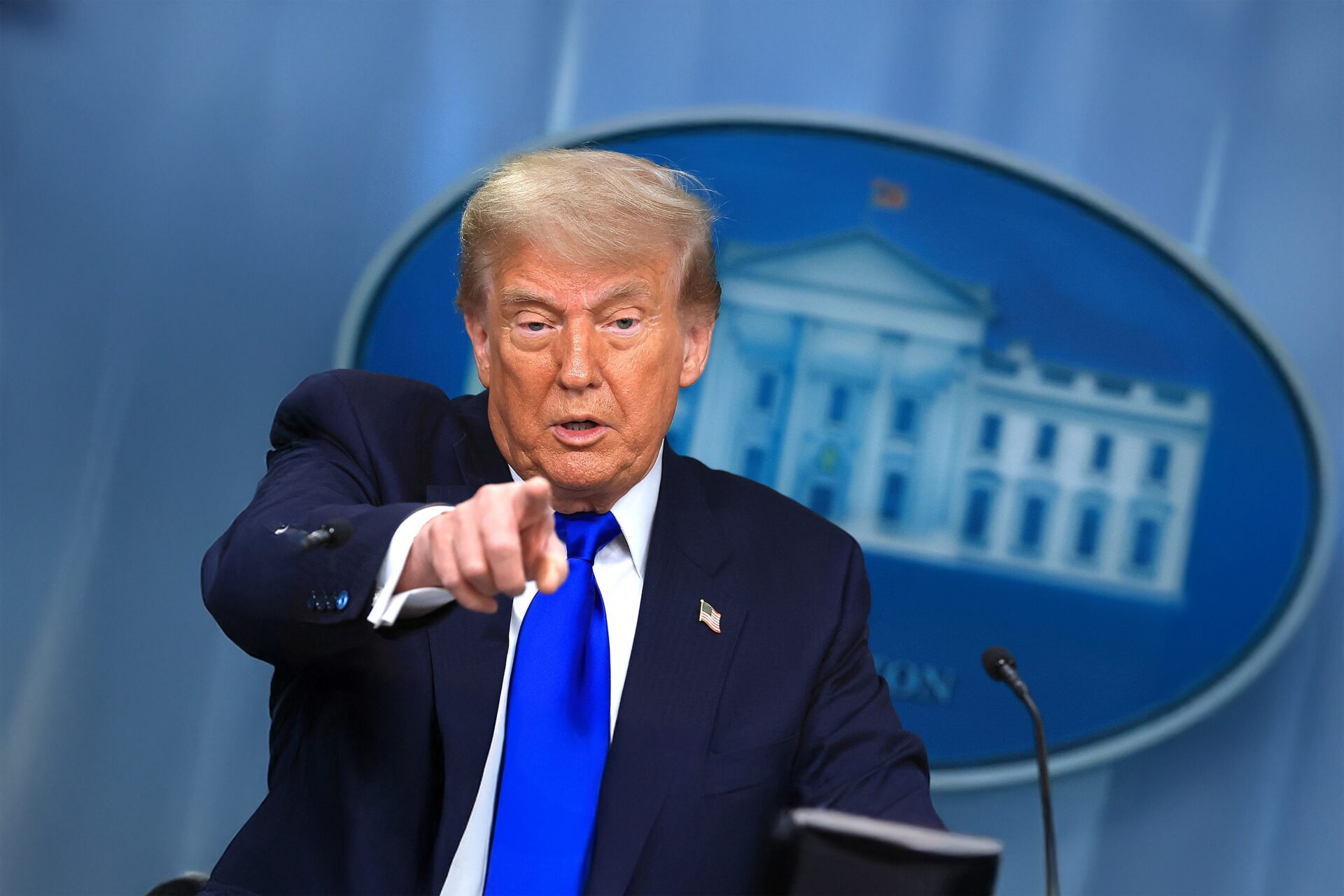
Human Rights Groups: Silent on Iran’s Attack?
Human rights groups are under fire for their deafening silence after Iran launched missiles at an Israeli hospital, raising questions about double standards in advocating for humanitarian principles.
At a Glance
- Iran’s attack on Soroka Medical Center injured dozens, sparking outrage.
- Human rights groups like Amnesty International and Human Rights Watch remain silent.
- Their silence contrasts with frequent condemnations of Israeli military actions.
- This inconsistency fuels debates on their alleged political biases.
The Attack Everyone is Talking About
Iran’s missile strike on Soroka Medical Center in Beersheba injured over 80 people, obliterating a surgical ward and prompting uproar among Israeli officials. Prime Minister Netanyahu blasted the attack as a “pattern of inhumane and hostile behavior,” pointing to the need for international accountability. In stark contrast, human rights watchdogs, usually quick to decry Israeli actions, have largely remained silent, seemingly excusing Iran’s aggressive tactics.
This event marks a glaring inconsistency in how these organizations approach humanitarian infractions. While Israel faces regular criticisms over its military operations, Iran’s blatant assault on a civilian facility appears to evade the same scrutiny. Such discrepancies hint at a troubling bias within these groups, leaning towards anti-Israel advocacy.
Double Standards: A Persistent Issue
Amnesty International and Human Rights Watch have a track record of highlighting international humanitarian law violations, yet their selective focus unveils an unsettling partiality. Gerald Steinberg aptly states, “For at least 25 years, the ‘human rights’ industry has embraced a radical anti-Western, anti-Israel agenda.” This latest silence exemplifies how these supposed advocates of impartiality have, ironically, shown partiality.
The consequences of such selective advocacy undermine the very foundations of universality these groups claim to uphold. Their failure to address all violations equally erodes public trust and tarnishes their credibility as unbiased entities concerned with human rights.
What Does This Mean for Human Rights Advocacy?
The human rights community’s reputation takes a hit when selective outrage dictates their narratives. Such silence on Iran’s actions weakens the integrity of their mission, neglecting the principle that all human rights violations deserve equal condemnation, irrespective of the perpetrator. Amnesty International’s ongoing “investigation” into the incident is a weak excuse, reflecting poorly on their purported objectivity and expediency.
“Only the scum of the earth fires missiles at hospitalized children and elderly people in their sick beds” – Miki Zohar.
This incident reminds us of the importance of unbiased advocacy, underscoring the necessity for these groups to uphold their own standards. Until human rights organizations commit to practicing what they preach, their credibility will be nothing more than a grim shadow of their intended purpose.


